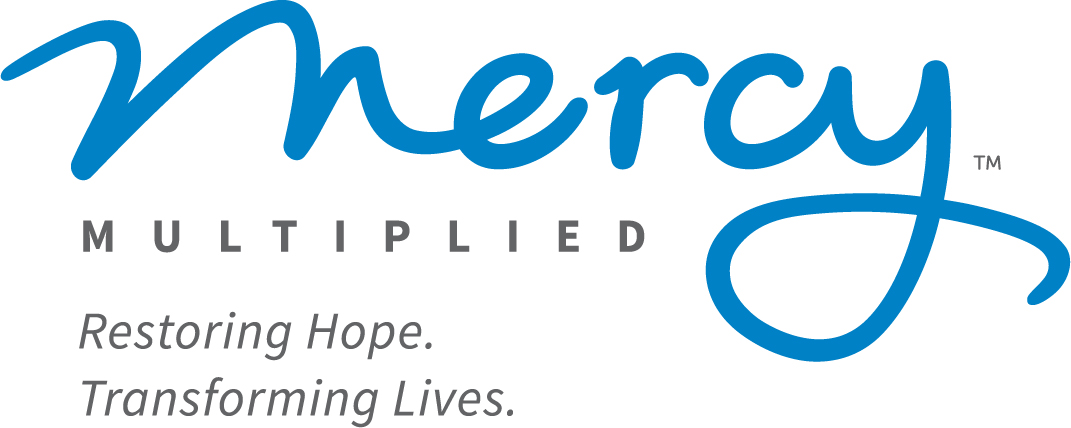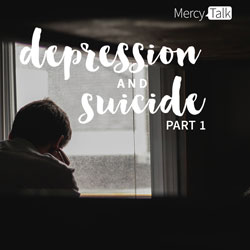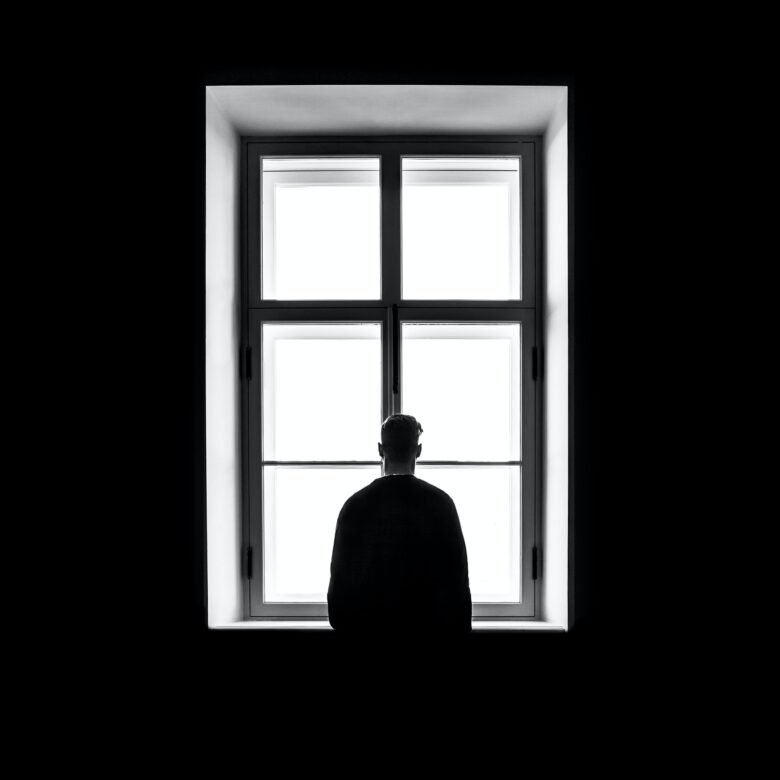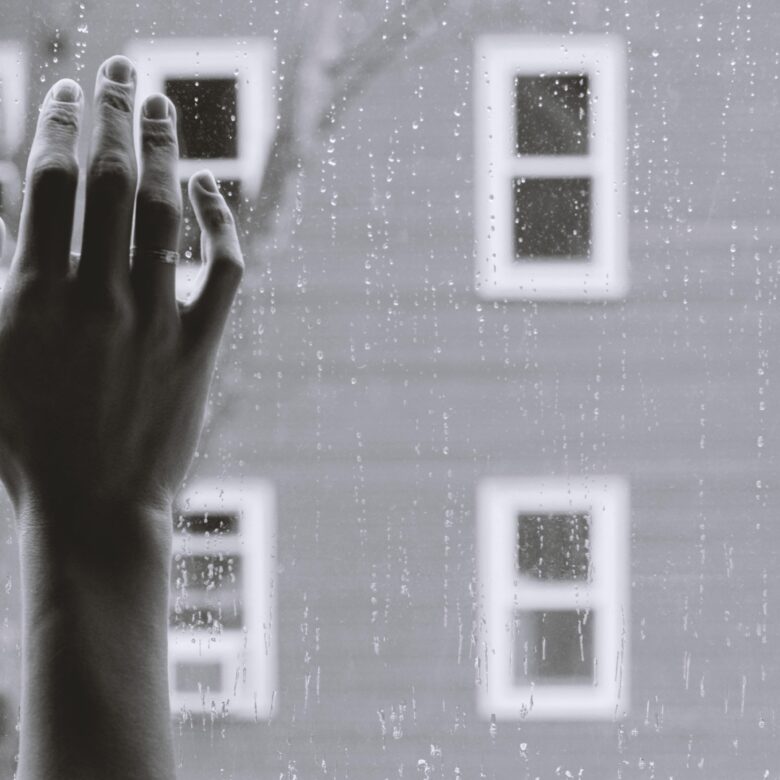Suicidal Thoughts
The Numbers

Death by suicide has increased
for every age group

Suicide is one of the top ten
causes of death in the United States

Suicide is the 2nd leading cause of death ages 10-34 and 4th leading cause of death ages 35-44.
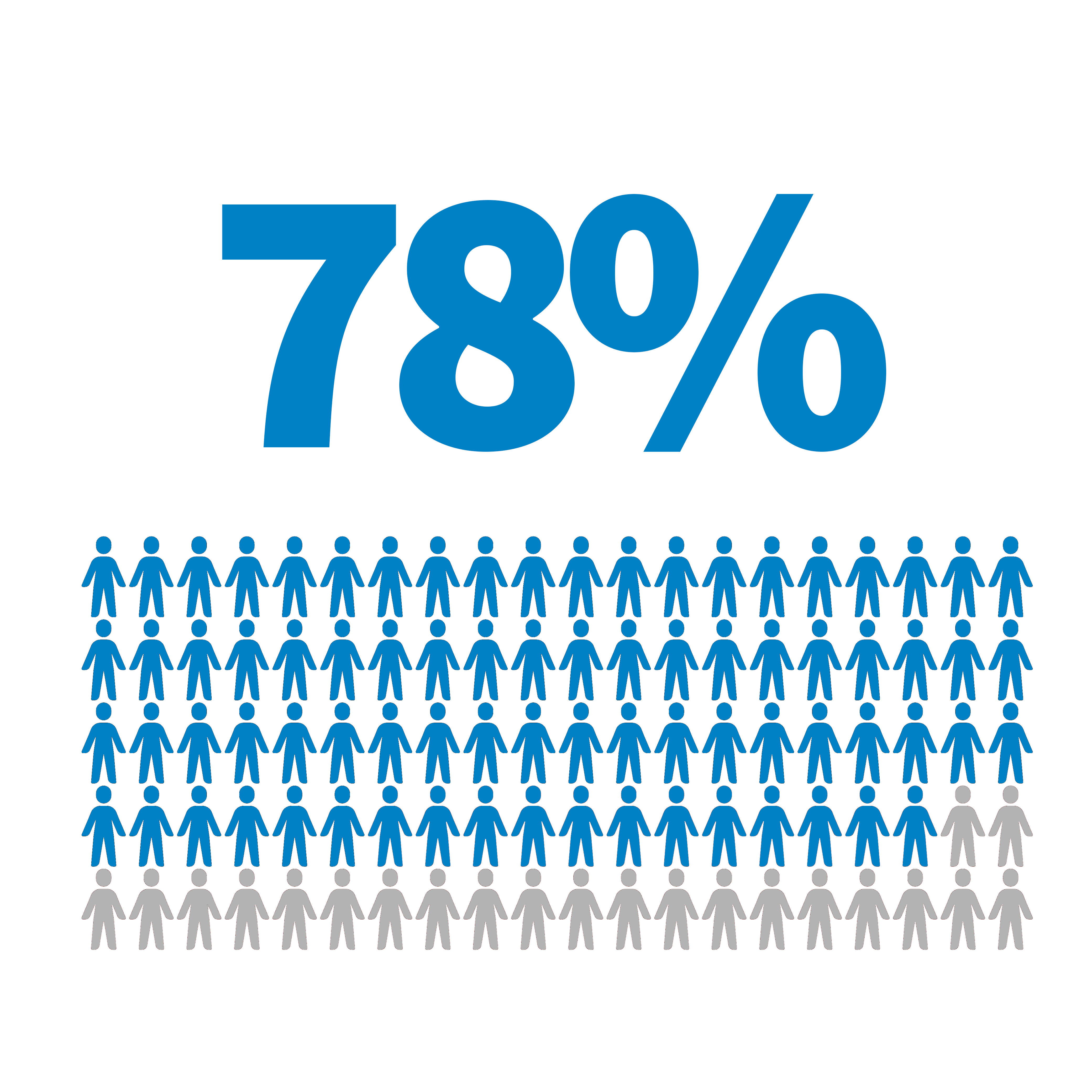
78% of all people who die by suicide are male
Signs & Symptoms
Signs, symptoms, or thoughts:
- Talking about suicide — for example, making statements such as “I’m going to kill myself,” “I wish I were dead” or “I wish I hadn’t been born”
- Acquiring the means to take your own life, such as buying a gun or stockpiling pills
- Withdrawing from social contact and wanting to be left alone
- Having mood swings, such as being emotionally high one day and deeply discouraged the next
- Being preoccupied with death, dying or violence
- Feeling trapped or hopeless about a situation
- Increasing use of alcohol or drugs
- Changing normal routine, including eating or sleeping patterns
- Doing risky or self-destructive things, such as using drugs or driving recklessly
- Giving away belongings or getting affairs in order when there’s no other logical explanation for doing this
- Saying goodbye to people as if they won’t be seen again
- Developing personality changes or being severely anxious or agitated, particularly when experiencing some of the warning signs listed above
(Warning signs aren’t always obvious, and they may vary from person to person. Some people make their intentions clear, while others keep suicidal thoughts and feelings secret).2
Definitions:
- Suicide is defined as death caused by self-directed injurious behavior with intent to die as a result of the behavior.
- A suicide attempt is a non-fatal, self-directed, potentially injurious behavior with intent to die as a result of the behavior. A suicide attempt might not result in injury.
- Suicidal ideation refers to thinking about, considering, or planning suicide.
If you or someone you know is having suicidal thoughts, seek help immediately.
- Call a suicide hotline number; in the United States, call the Suicide & Crisis Lifeline by dialing 988 to reach a trained counselor. The service is available to anyone 24 hours a day, 7 days a week. All calls are confidential.
- Reach out to a family member, friend, or teacher
- Contact a pastor, mentor, or someone in your faith community
- Make an appointment with your doctor, mental health provider or other health care provider
- Contact the police or go to the emergency room or if there is an active plan to commit suicide; do not leave the individual unattended
For more information about how you can support someone who is dealing with a life-controlling issue, click here.
Need Help?
If you are in crisis and need help immediately, please call the National Suicide Prevention Lifeline available 24 hours a day, 7 days a week at 800-273-8255 or 911. If you or someone you know is struggling with suicidal thoughts, Mercy Multiplied can help. Our residential program helps young women ages 13-32. If you reside in Monroe, LA or St Louis, MO, please consider applying to our Center for Wellness and Counseling. These outpatient counseling services are offered to men and women 13 and older. Our residential and outpatient services are free-of-charge, and you can learn more about these services here. If you do not qualify for either of these programs, please consider finding a Christian counselor in your area or visit aacc.net.
